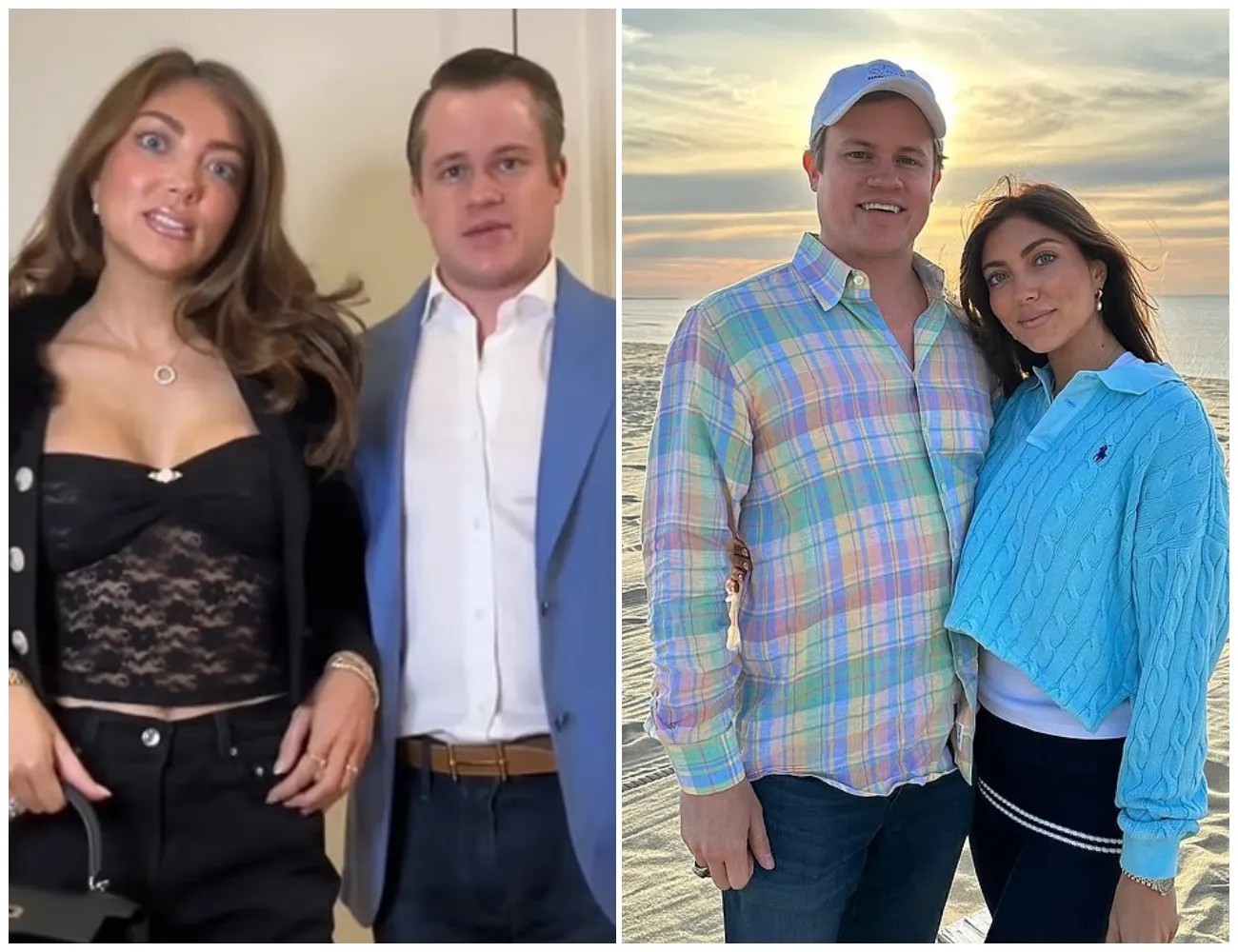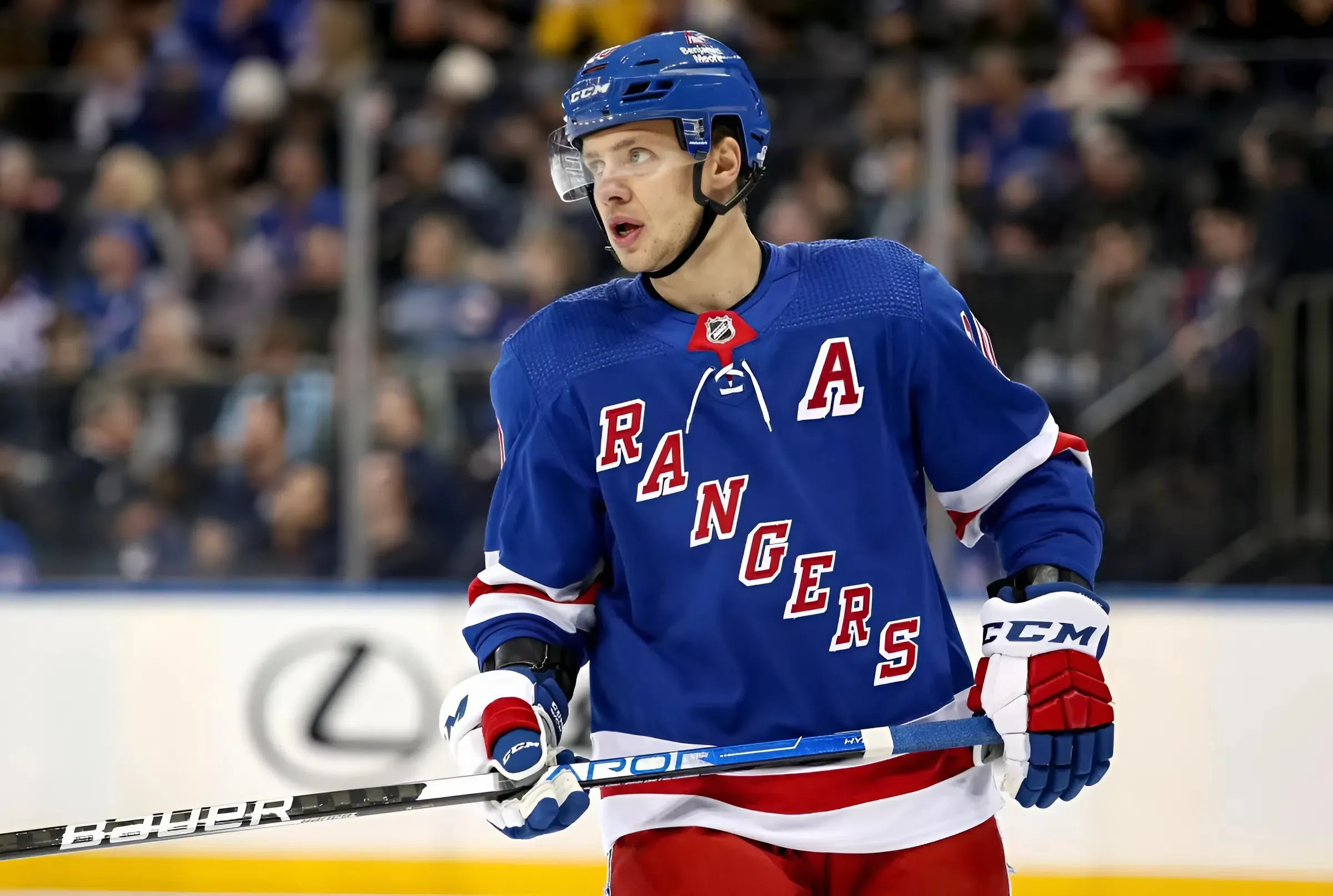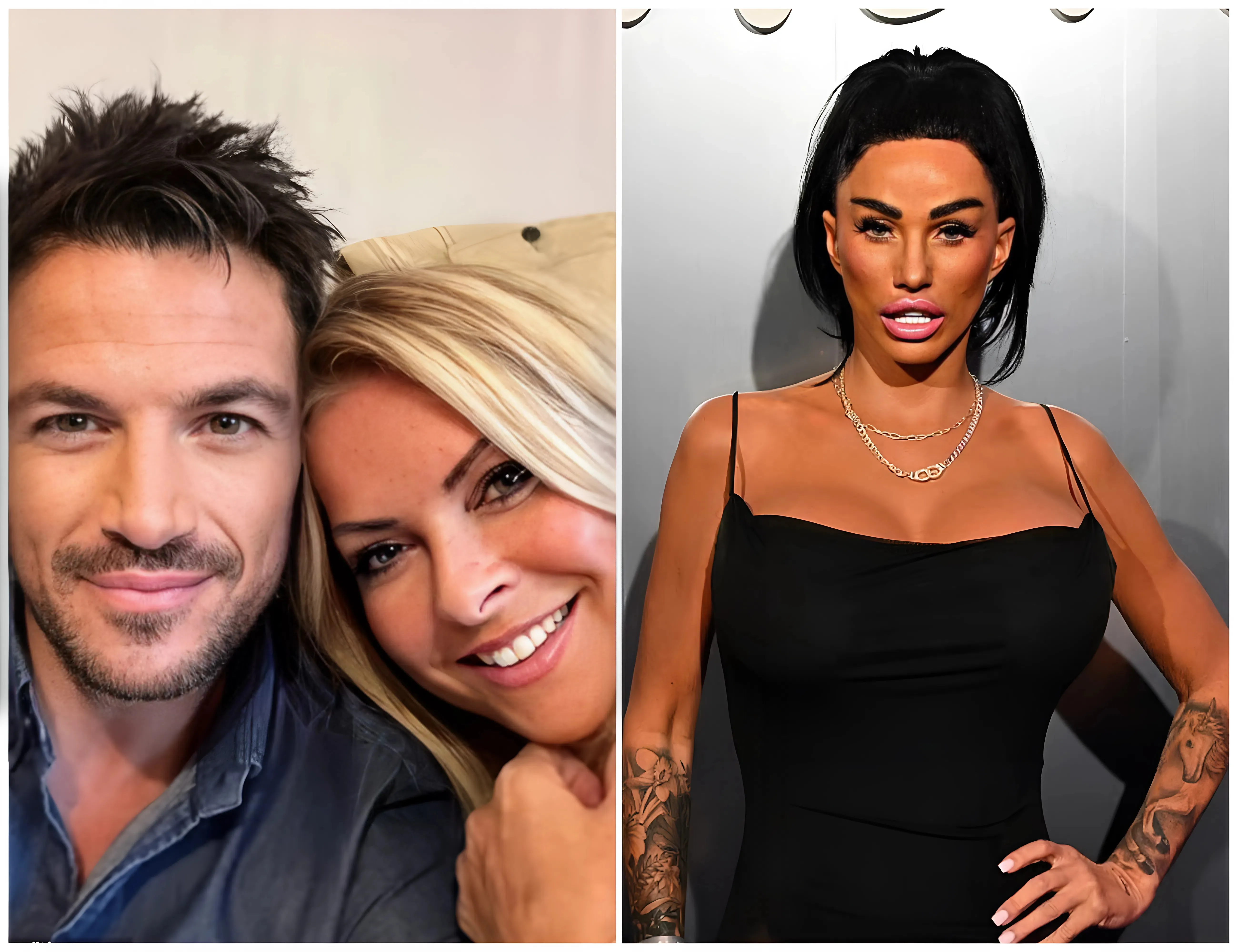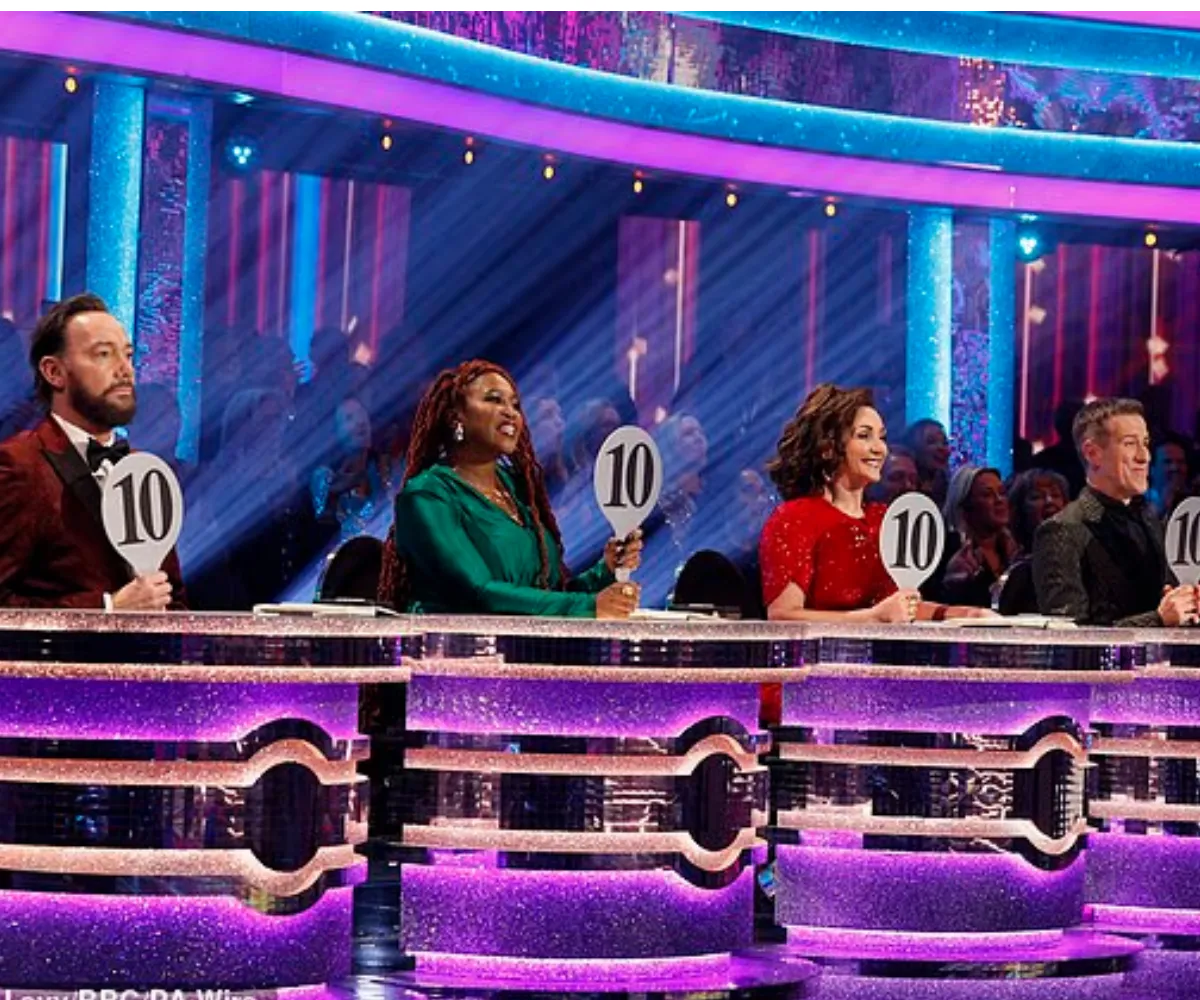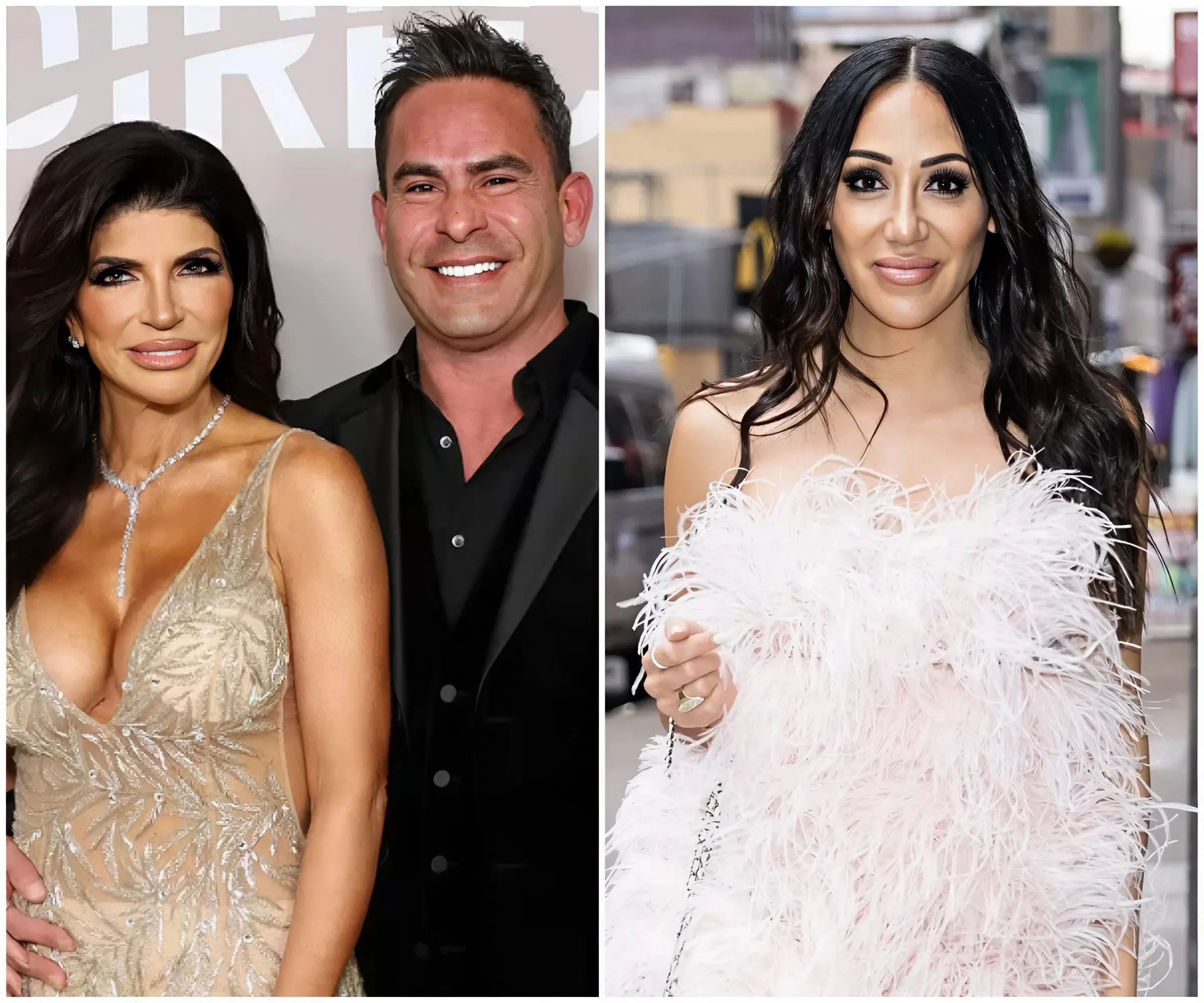
Whoops!
Page not found!
The page you are trying to reach cannot be found. In the meantime feel free to search or check out the articles below.

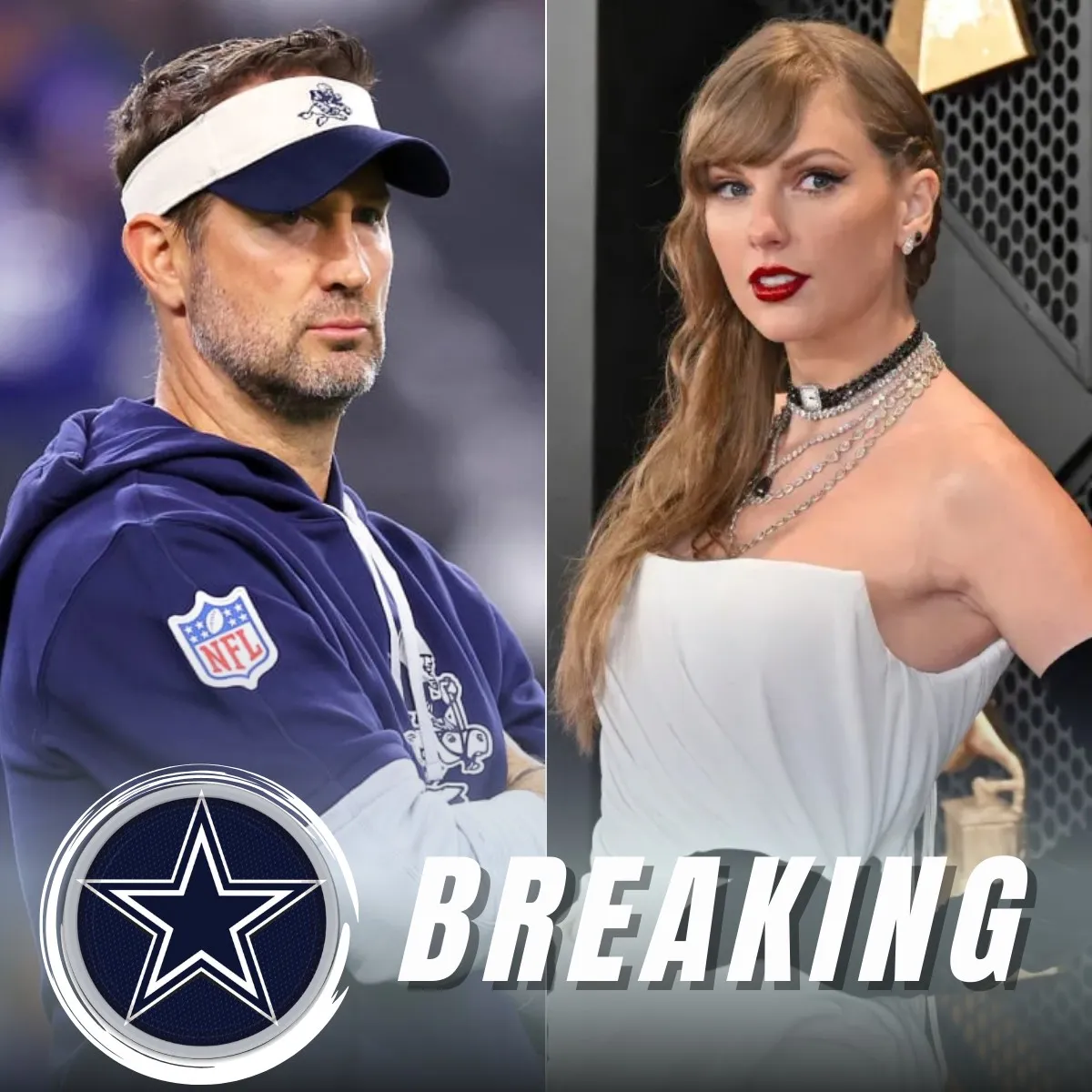
RH “Brian Schottenheimer Shocks NFL World — Bans Taylor Swift from Cowboys Games After Super Bowl Blame”

#RHOA Breaking Phaedra Parks confirms being scammed out of $60,000 – shocking truth leaves fans shocked 😱💔full details in the comments
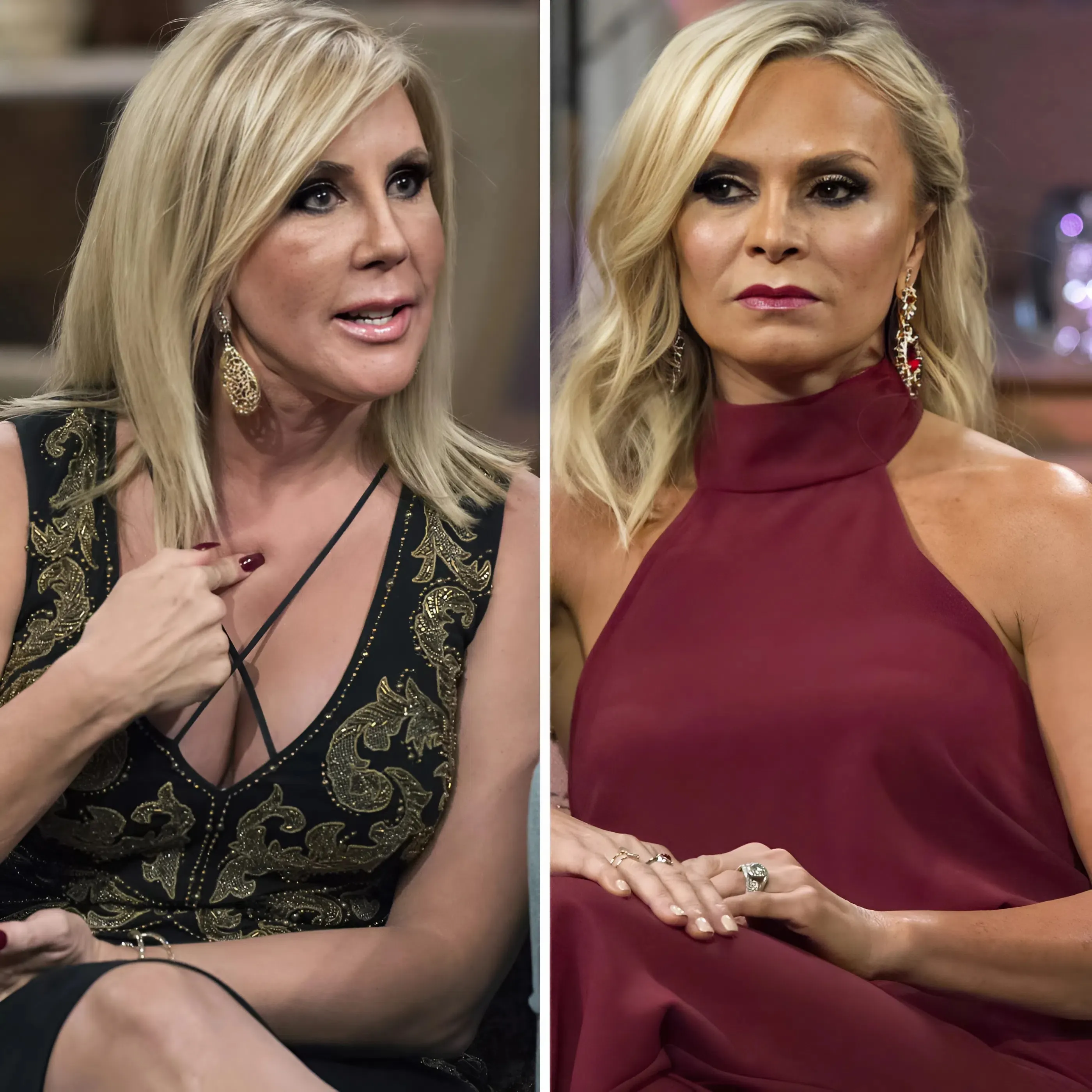
#RHOCBreaking Vicki Gunvalson defends herself after Tamra Judge's veiled criticism of Briana's abusive marriage 🔥 full details in comments
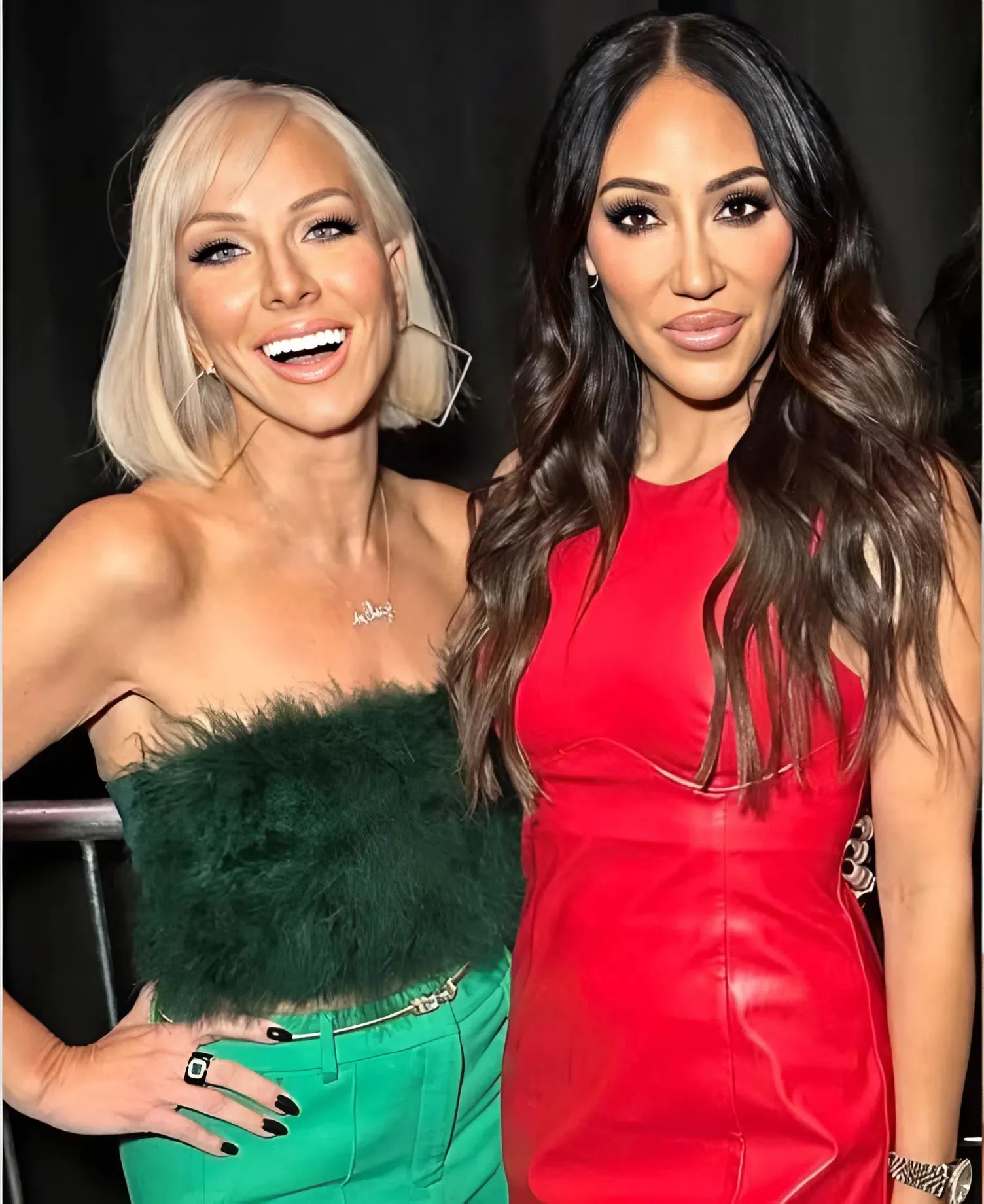
Shocking News: Margaret Josephs Publicly Mocks Melissa Gorga After Fans Spread Video of "The Breast Sticker Dropping Incident at the Event"! 😱
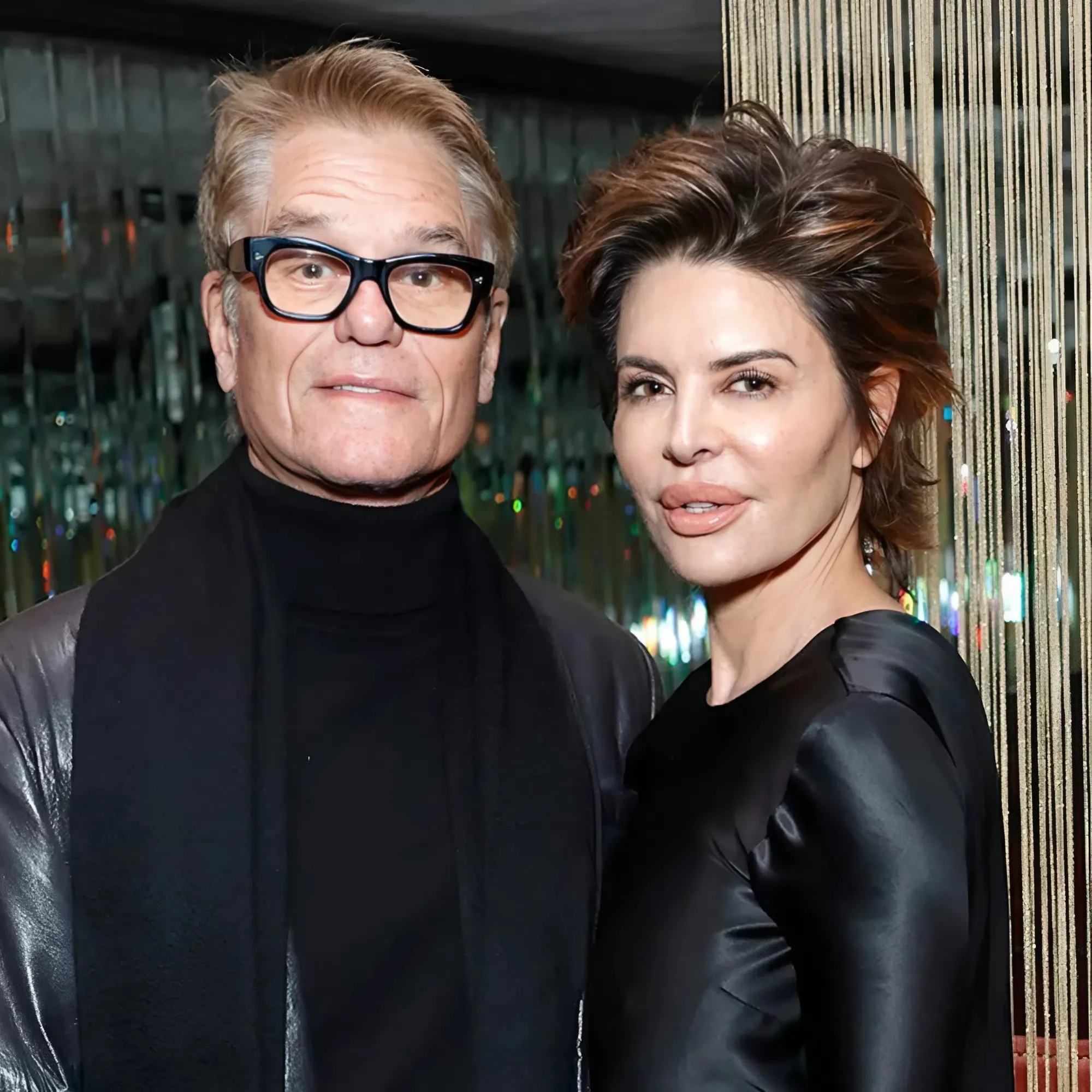
#Breaking: Lisa Rinna Shocked As She Confirms Serious Illness Diagnosis After Months of Enduring 'Worst Symptoms of Her Life' 💔😱
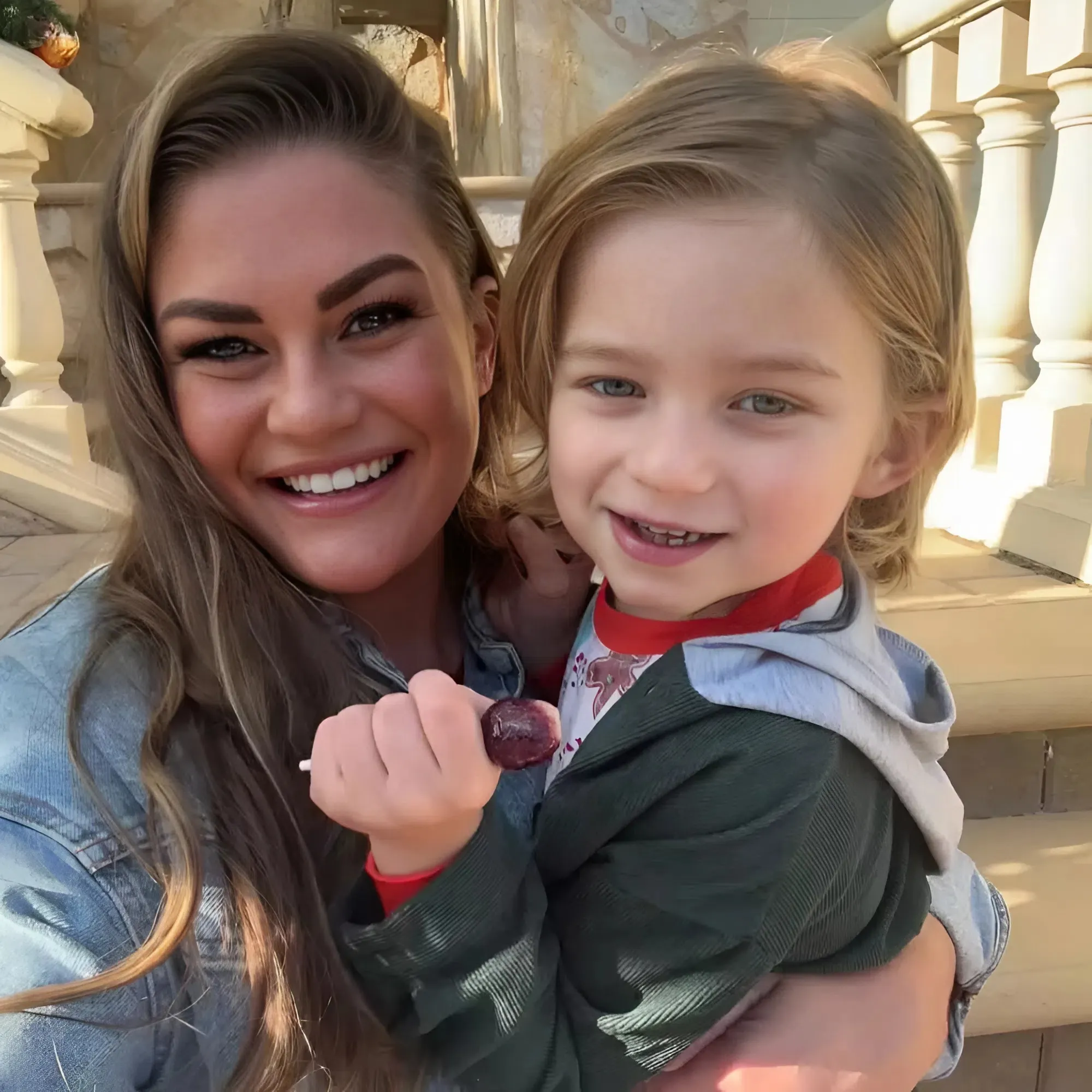
Brittany Cartwright Announces Shocking News – Family Is Moving and Cuz Won't Be Here Anymore! 💔😱 in the comments section
